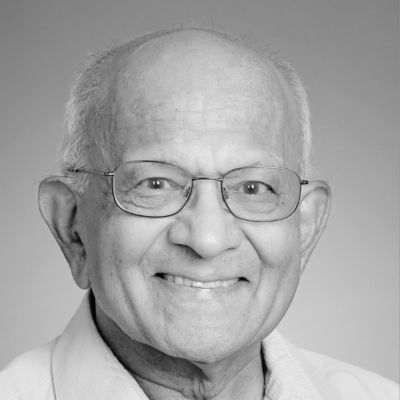Abhay Bhushan, the author of the File Transfer Protocol (FTP), played a major role in the development of the Internet by pioneering early architecture models that influenced Transmission Control Protocol/Internet Protocol (TCP/IP) and early e-mail standards. The applications Bhushan helped develop, including FTP and Network E-mail, are still in use today.
A native of Allahabad, India, Bhushan was born in 1944. After earning an undergraduate engineering degree, as well as the prize for “best graduate in electrical engineering,” at the Indian Institute of Technology, Kanpur, Bhushan was accepted at the Massachusetts Institute of Technology (M.I.T.), where he earned multiple technical and academic degrees, including masters degrees in electrical engineering and in management, and an advanced Electrical Engineer degree.
Bhushan helped develop the ARPANET, the precursor to the Internet, while serving as a researcher at M.I.T’s Project MAC from 1967 to 1974. In 1971, he defined the ARPANET’s method of performing what has become one of the Internet’s most essential functions, the transfer of data. The document which Bhushan authored was the now-famous RFC 114. As the author of more than 20 RFCs, Bhushan was responsible for codifying many standards for both the future Internet and e-mail. Among other rules, his RFCs established the format for e-mail headers, including the use of the @ sign, a convention launched by Internet Hall of Fame inductee Raymond Tomlinson.
In 1974, Bhushan joined Xerox. There, he helped create the Xerox Network Systems’ (XNS) architecture and standards. XNS influenced computer networking and, ultimately, the Internet, by demonstrating the need for technology that would help computers work together.
Bhushan is also the founder of two technology companies that contributed to the expansion of the Internet. He co-founded YieldUP International, which scaled the delicate work of cleaning semiconductor wafers and paved the way to the greater wafer production the Internet would require. He also co-founded e-mail-software company Portola Communications, which aided in building e-mail servers.
In addition to his technical accomplishments, Bhushan has played a significant role in advancing the Internet in India. He has founded and led many alumni groups associated with his alma mater and other Indian Institutes of Technology, and has been actively involved in organizations for the improvement of Indian society, including addressing literacy, poverty, and a sustainable environment.
